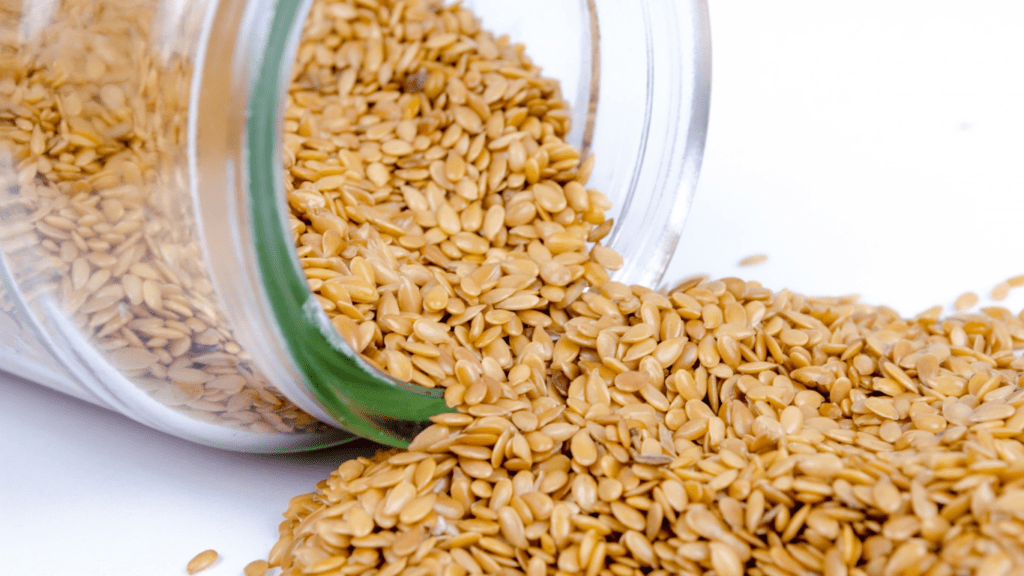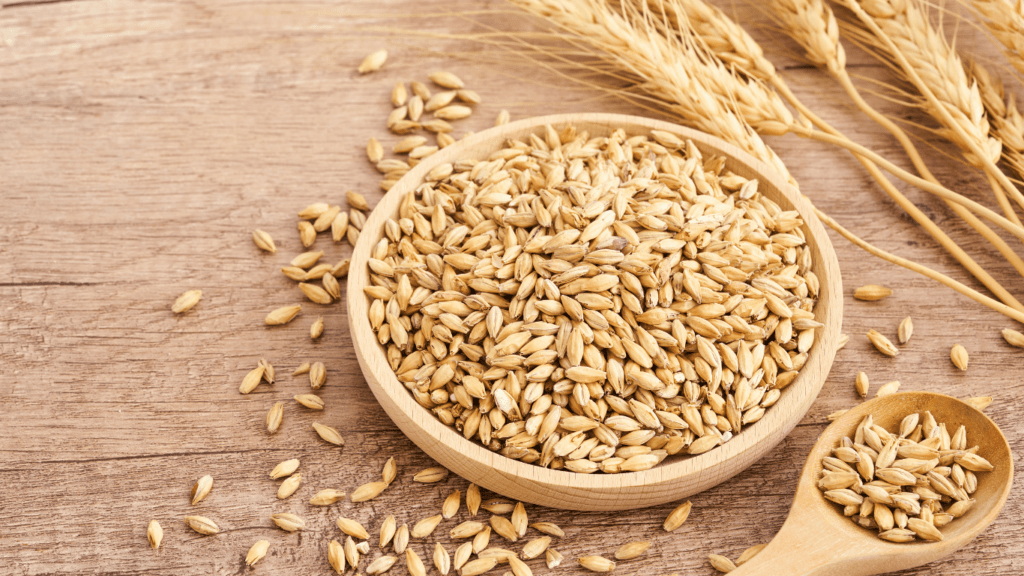As a pet owner, I’ve often wondered about the buzz surrounding grain-free diets for our furry companions. Are the benefits real or just a passing trend? In this article, we’ll delve into the topic of grain-free diets for pets to separate fact from fiction.
When it comes to our pets’ nutrition, it’s essential to make informed decisions that promote their well-being. Grain-free diets have gained popularity in recent years, with claims of improved digestion, healthier skin, and increased energy levels. But are these assertions backed by scientific evidence, or are they simply marketing strategies?
Join me as we explore the potential benefits of a grain-free diet for your pet and uncover the truth behind this growing dietary choice. Let’s navigate through the facts and myths to make the best choices for our beloved four-legged friends.
Exploring Grain-Free Diets for Pets
Investigating Grain-Free Diets for Pets
When delving into the realm of grain-free diets for pets, there are important factors to consider to ensure the well-being of our furry friends. As a pet owner, I am often confronted with conflicting information about the benefits of grain-free diets. It’s crucial to sift through the noise and focus on concrete evidence to make informed choices regarding our pets’ nutrition.
Examining Scientific Evidence
In my exploration of grain-free diets for pets, I’ve encountered varying opinions on their efficacy. It’s essential to rely on scientific research to substantiate any claims made about the benefits of grain-free diets.
By reviewing studies and findings from reputable sources, I can better understand the potential advantages and drawbacks of such dietary choices for my pet.
Separating Fact from Fiction
Navigating the landscape of pet nutrition can be daunting, especially with conflicting narratives surrounding grain-free diets. As I delve deeper into the subject, I aim to distinguish between factual information and marketing gimmicks.
By critically analyzing the available data and consulting with veterinary professionals, I can make well-informed decisions that prioritize my pet’s health and well-being.
Making Informed Choices
Ultimately, the goal of exploring grain-free diets for pets is to empower pet owners to make educated decisions about their furry companions’ nutrition. By relying on credible sources, conducting thorough research, and consulting with experts, I can unravel the truth behind the purported benefits of grain-free diets and make choices that align with my pet’s dietary needs.
Pros and Cons of Grain-Free Pet Diets
Benefits of a Grain-Free Diet
Switching to a grain-free diet for your pet can offer notable benefits. These diets often contain higher levels of animal proteins, which are essential for your pet’s muscle development and overall health.
By eliminating grains, your pet may experience fewer digestive issues, such as bloating or gas. Additionally, grain-free diets might be beneficial for pets with food sensitivities or allergies, as they eliminate common allergens found in grains.
Potential Risks of a Grain-Free Diet
While grain-free diets have their advantages, it’s crucial to be aware of potential risks. Some grain-free pet foods may lack essential nutrients, such as fiber and certain vitamins, that are vital for your pet’s well-being.
Moreover, transitioning to a grain-free diet abruptly can lead to digestive upset in some pets. It’s important to consult with a veterinarian before making any significant changes to your pet’s diet to ensure it meets all their nutritional requirements.
Unveiling the Truth: Are Grain-Free Diets Really Beneficial?
Exploring the realm of grain-free diets for pets has sparked debates over their actual benefits. As a seasoned pet nutrition writer, I delve into the scientific facts to determine whether grain-free diets are truly advantageous for our furry companions.
- Myth: Grain-Free Diets Are Always Healthier: Contrary to popular belief, not all grain-free diets are automatically healthier for pets. While some pets may benefit from a grain-free diet, especially those with specific allergies or sensitivities, grains can also provide essential nutrients like fiber, vitamins, and minerals.
- Fact: Potential Risks of Grain-Free Diets: Grain-free diets can pose risks when not properly balanced. Without grains, pets may miss out on important nutrients unless the diet is carefully formulated. Certain grain-free foods may also contain excessive amounts of other ingredients that are not beneficial to your pet’s health.
- Truth: Individual Pet Considerations: The key lies in understanding your pet’s unique dietary needs. Factors such as breed, age, activity level, and any existing health conditions play a crucial role in determining whether a grain-free diet is suitable. It’s vital to consult with a veterinarian to assess your pet’s specific requirements.
- Reality Check: Balanced Nutrition is Key: Whether opting for a grain-free diet or not, the focus should always be on providing a well-balanced and nutritionally complete diet for your pet. A balanced diet ensures that your pet receives all the essential nutrients necessary for their overall health and well-being.
- Final Verdict: Making Informed Decisions: While grain-free diets can offer benefits for certain pets, they are not a one-size-fits-all solution. To unveil the truth behind grain-free diets, it’s crucial to weigh the potential benefits against the risks and consider your pet’s individual needs before making any dietary changes. Consulting with a veterinarian is the best approach to ensure that your pet’s diet aligns with their specific requirements.
Making Informed Choices for Your Pet
Exploring the realm of grain-free diets for pets, I aim to shed light on the significance of evidence-based choices in pet nutrition. As we analyze the pros and cons of grain-free diets, it’s vital to consider the potential advantages of increased essential animal proteins and decreased digestive issues.
Nonetheless, it’s crucial to acknowledge the associated risks such as nutrient deficiencies that may arise.
Debunking the misconception that grain-free diets are inherently superior, it’s essential to recognize the importance of balanced nutrition. While these diets can offer benefits, they may pose risks if not appropriately balanced.
Therefore, ensuring a well-rounded diet tailored to meet the individual needs of each pet is paramount.
In making decisions about your pet’s diet, consulting with a veterinarian is non-negotiable. By assessing the specific requirements of your pet and weighing the benefits and risks of grain-free diets, you can make an informed choice.
Veterinarians play a crucial role in guiding you towards a suitable dietary plan that aligns with your pet’s unique needs, ensuring their overall well-being and health.


 Elena Palen is an integral part of the team behind Animal Potty Care, contributing her knowledge in pet travel care and innovative solutions for on-the-go potty training. Elena’s attention to detail ensures that pet owners have access to reliable, practical tips for keeping their pets comfortable during trips. Her contributions to the platform help make travel with pets a seamless experience, providing users with creative solutions and advice to maintain their pets’ routines while on the move.
Elena Palen is an integral part of the team behind Animal Potty Care, contributing her knowledge in pet travel care and innovative solutions for on-the-go potty training. Elena’s attention to detail ensures that pet owners have access to reliable, practical tips for keeping their pets comfortable during trips. Her contributions to the platform help make travel with pets a seamless experience, providing users with creative solutions and advice to maintain their pets’ routines while on the move.